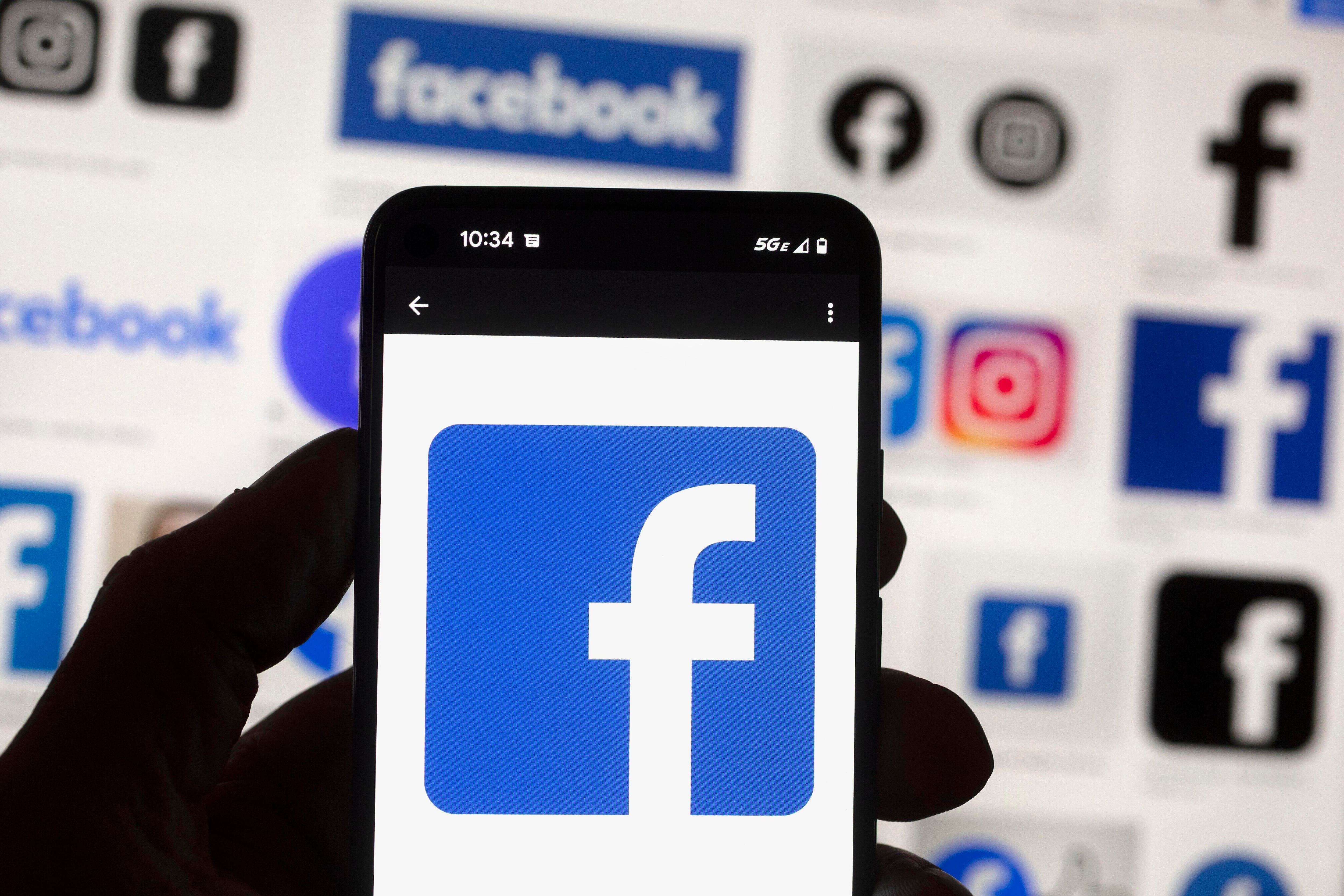Grubhub CEO Matt Maloney says the food delivery company has seen record numbers amid the coronavirus pandemic, as state and local lockdowns have forced restaurants to close their dining rooms.
Maloney said many small independent businesses don't have a month's worth of cash on hand, making it unlikely they'll be able to reopen after a month-long closure.
"In some markets, we're seeing as high as 30 percent restaurant closures," Maloney told Cheddar Thursday. "It really is a devastating time for many of them. We're also seeing record numbers of new restaurants reach out to us to try to implement delivery, because in many cases while their dining rooms are shut down, their kitchens are still open for delivery.”
He said delivery has become a “revenue lifeline” for businesses trying to stay open or at least keep their hourly employees paid so they don’t leave for other jobs.
One factor that could change the economic outlook for struggling restaurants is the $2 trillion stimulus package making its way through Congress that is designed to help small businesses survive through the outbreak.
"I'm really happy that the federal government has stepped in to provide that support," Maloney said. "We can't afford to do it for the independent restaurants across the country for months and months, and this is the federal government's job to do it.”
Maloney added that he is waiting to see the details of the package and when exactly businesses and restaurants will see the promised support.












